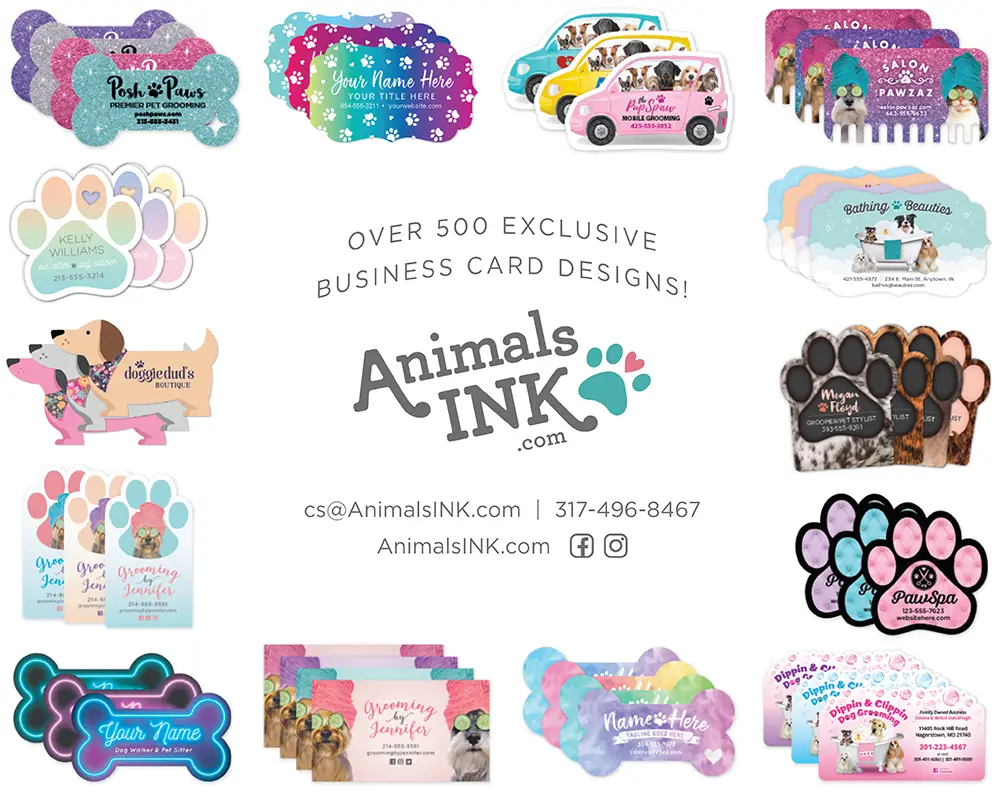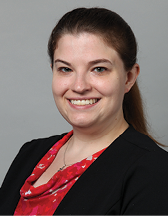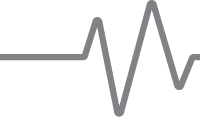
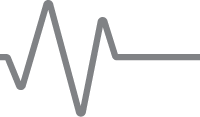
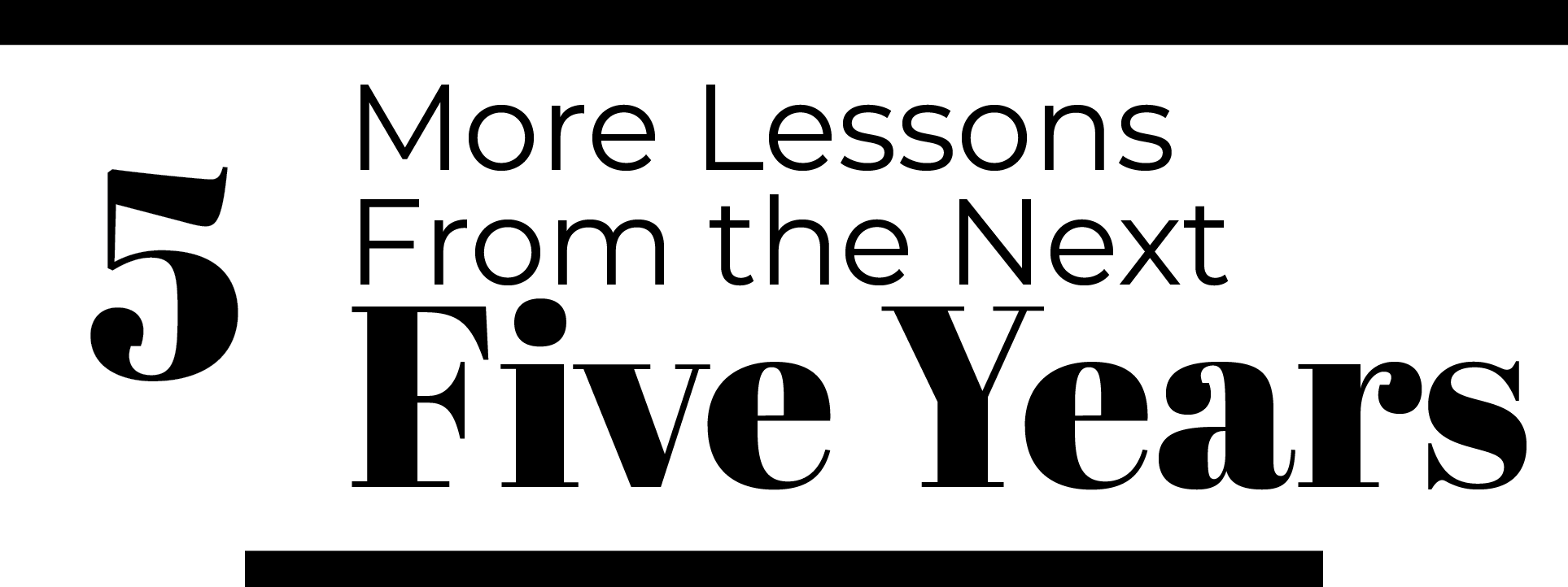

 s I approach my 10-year graduation from vet school, I am simultaneously amazed at how much I’ve learned and developed as a veterinarian, and how much there still is to learn, even with a decade of clinical experience. Five years ago, I shared the five most important lessons that I learned from my first five years out.1 Now, another five years later, I have five more lessons I’d like to share with my early-career colleagues.
s I approach my 10-year graduation from vet school, I am simultaneously amazed at how much I’ve learned and developed as a veterinarian, and how much there still is to learn, even with a decade of clinical experience. Five years ago, I shared the five most important lessons that I learned from my first five years out.1 Now, another five years later, I have five more lessons I’d like to share with my early-career colleagues. 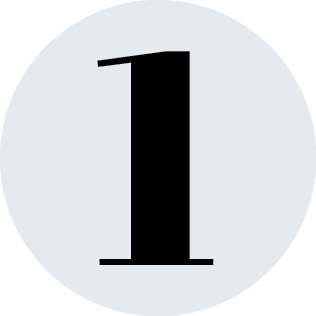 Stay open to new possibilities.
Stay open to new possibilities.One of the wonderful things you’ll discover about the vet profession is that you can do a lot with your degree; clinical practice, teaching, research, government, drug development and more. The opportunities are endless, so find the things you are passionate about and explore them. Your career path will be your very own, likely with some twists and turns along the way. But no matter where your path takes you, remember, you are still a veterinarian, even if you aren’t working in the clinic.
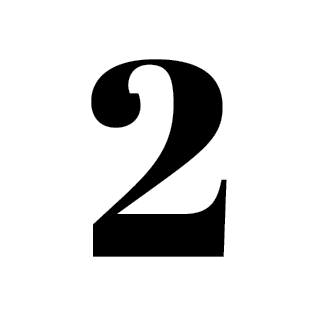 It’s OK to not do everything.
It’s OK to not do everything.I encourage all new graduates to pursue a variety of experiences and try different areas of medicine. Don’t close the door on a skill just because it’s difficult. But, if you find that something like dentistry or surgery is overly stressful and not something you enjoy, it is okay to say you don’t want to continue it. I know some amazing doctors who only see medical appointments and no longer perform surgery. Stopping dentistry didn’t make me less of a doctor, but it did make me a happier one.
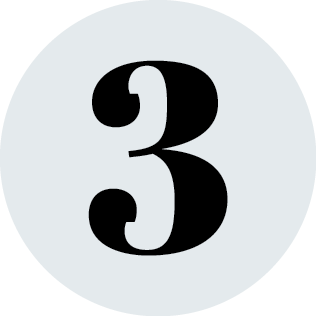 Build a network, and use it.
Build a network, and use it.The idea of networking can be intimidating, but it’s really just building relationships. If you want doors to open, do the legwork and build a network before you need it. Over the course of your schooling and career, you will cross paths with mentors, classmates, professors, clinicians and industry representatives. Spend time cultivating relationships with these individuals. And don’t only think about what they can do for you, but what you can do for them as well. You may not always have something to give right away, but down the line, you may find yourself making an introduction for someone else.
Additionally, the members of your network can provide immense support in difficult times. Our profession struggles with mental health; we do hard things, have difficult conversations and our days can be emotionally exhausting. Part of caring for ourselves is asking for help when we need it. Having a robust network will provide a range of individuals who can help you navigate the difficult times. Whether it is hearing from someone else who has been through a similar situation or having someone just to listen to you, don’t discount the power of community that can come from your network.
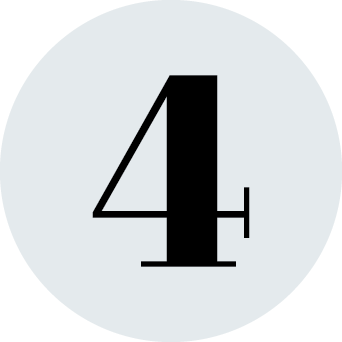 Organized veterinary medicine is an asset.
Organized veterinary medicine is an asset.Veterinary medicine is regulated by both state and national authorities. Many times, those making the laws aren’t aware of how legislation will impact the veterinary profession. It is the staff and volunteers of veterinary associations who monitor pending legislation, build relationships with legislators, and advocate for or against legislation that will impact veterinarians and the way we practice medicine.
Regardless of your politics and whether or not you agree with every decision made by your VMA (because, let’s face it, we’ll never agree on everything), being a member of your professional association supports legislative advocacy and protects the practice of veterinary medicine. And, if you don’t agree with the decisions that are being made, the best way to have a voice is to be a member—or even better, a volunteer leader.
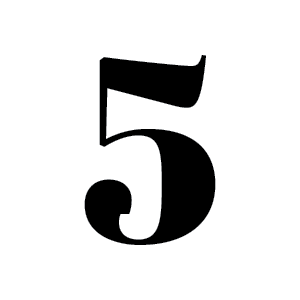 Burnout is not a personal failure.
Burnout is not a personal failure.The responses I got to that post were very supportive, but had a common suggestion that I was experiencing burnout. “No way,” I thought. “I teach wellness, I have studied compassion fatigue. I take care of myself.” To prove them wrong, I took a burnout assessment. The result: High risk of burnout. Seek help now.
After taking another assessment, just to ensure repeatable results, I started to accept that maybe I didn’t fully understand burnout. I’d always thought that if you became burned out, you’d done something wrong. But that’s simply not true. Burnout is not a personal failure, it is a function of your environment. According to the Stress and Resilience Institute,2 burnout is “a function of job demands that are too high, job resources that are too low, and too little recovery time.” At the time, my environment was not a gentle one—I was working in an emergency clinic during a pandemic and I had an infant at home.
Once I accepted that I was burned out and that I hadn’t done anything wrong to get there, I was able to adjust my schedule at work and responsibilities at home. I also sought professional support to help me navigate the recovery process. I’m thankful to say that I have recovered, and I am now able to recognize the signs of burnout in myself and others. This is a skill that all early career veterinarians should have, as they are at particularly high risk of burnout. Experiencing burnout doesn’t mean you’ve failed as a veterinarian or a person, and you can recover. But if you recognize the signs early and know the risk factors to watch for, you may be able to prevent burnout in the first place.
- Boatright, K. (August 2019). 5 Lessons Learned from the First 5 Years. PetVet Magazine. 18-21. https://www.petvetmagazine.com/5-lessons-from-the-first-5-years/
- Stress and Resilience Institute. https://stressandresilience.com/
